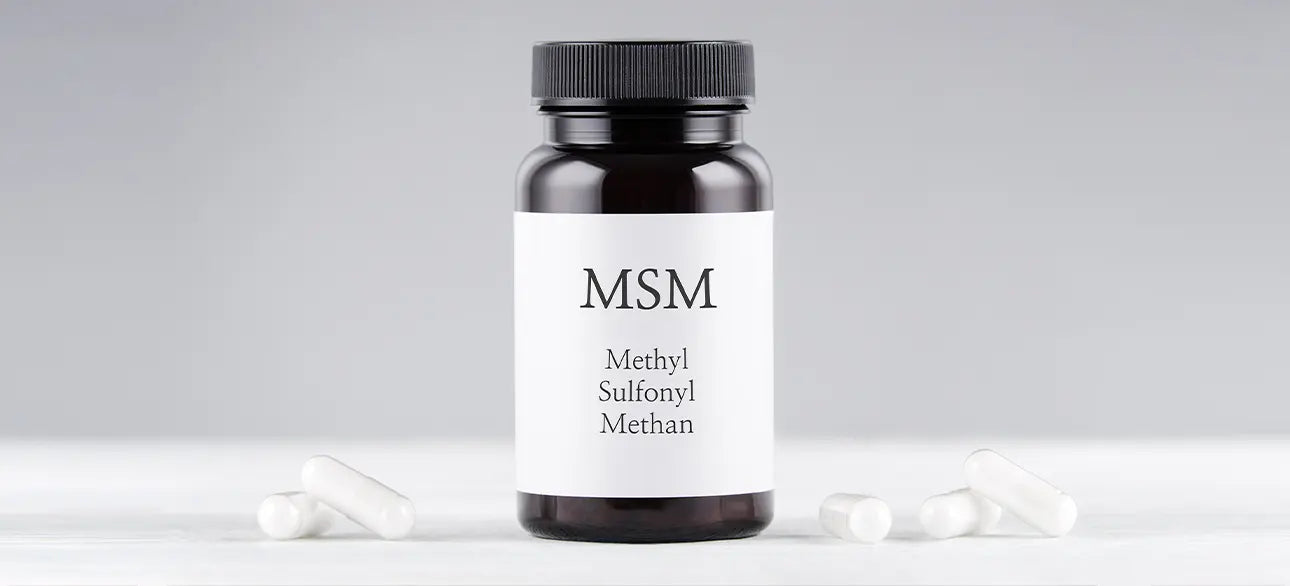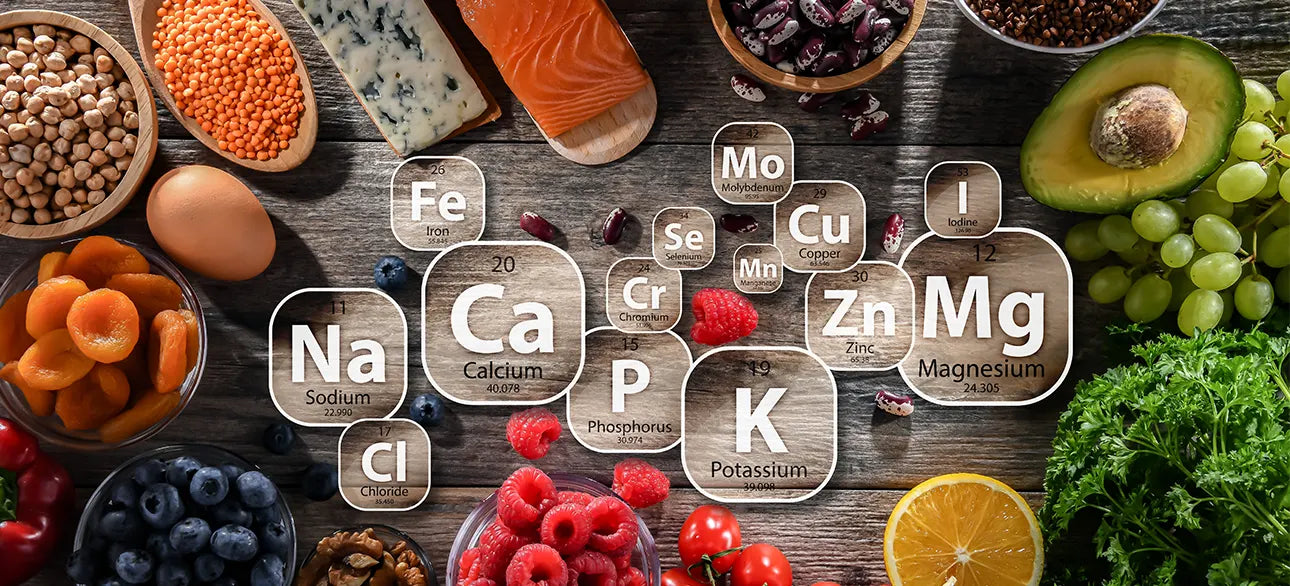Can Ginger and Turmeric Help Fight Pain and Sickness?
Can turmeric and ginger ease pain and fight sickness? Discover their combined health benefits, scientific backing, and simple ways to include them in your daily routine.
Advertiser Disclosure: We independently select all the products. If you click through links we provide, we may earn a commission.

Key Takeaways
- Turmeric and ginger work together to reduce inflammation and boost immunity.
- They help relieve joint pain and stiffness, especially for arthritis sufferers.
- Ginger aids digestion and reduces nausea, while turmeric supports fat digestion.
- Curcumin in turmeric and ginger enhance mental clarity and mood.
- Both can be easily incorporated into your diet through food or supplements.
Did you know Ginger and turmeric are used for more than just flavor? They are very medically potent spices.
Ginger and turmeric have both long been known for their health-boosting properties. It is popular belief that they help relieve common aches, support the immune system, and even fight off seasonal illnesses.
But how exactly do turmeric and ginger work together to support your health? And why is turmeric ginger tea so popular today?
This article will show you the benefits of turmeric and ginger. It will also show you what makes them so effective and show you simple ways to use them.
Keep reading to see if these two roots (rhizomes) might be just what your body needs.
What Are Turmeric and Ginger?
Turmeric and ginger are Rhizomes - extracted parts of the roots of specific trees. Both spices have proven very valuable - both in the kitchen and in traditional medicine.
The source of Turmeric is the root of the Curcuma longa plant. This spice has an active compound called Curcumin behind its medical powers and vibrant yellow colour. It is usually a component of curry powders. Alone, it’s a spice that is earthy and bitter to taste.
We get Ginger from the root of the Zingiber officinale plant. Ginger is very medicinal. It improves digestion and general gut health and may be applied fresh, dried, or in powdered form. It has a sharp and spicy taste.
Ginger and Turmeric are famous for their combined effect. They work better together than apart.
Combined Health Benefits of Turmeric and Ginger
We’ve established previously the individual medicinal value of turmeric and ginger. But what exactly happens when both are combined? Are they truly more powerful together?
 Benefits of Turmeric and Ginger
Benefits of Turmeric and Ginger
Here are some benefits of a Turmeric -Ginger combination:
Reduce Inflammation and Pain
Both Turmeric and Ginger have the medicinal properties needed to keep arthritis and heart disease at bay by reducing inflammation. Put them together and they'll bring relief to pain and swelling by improving joint mobility and comfort. If you're looking for more ways to manage inflammation naturally, you might want to explore some of the best supplements that help fight inflammation.
Support Immune Function
While ginger fights infections, turmeric strengthens the immune system. Combined and used regularly, the body’s immune system stays strong throughout the year. The body remains cold/flu-proof.
According to Diane Kress, Medical Nutrition Therapy at Diane Kress
Turmeric and ginger are two of the most studied natural remedies for inflammation and digestive health. When combined, their active compounds—curcumin and gingerol—can deliver powerful, complementary benefits that support the immune system, reduce chronic pain, and promote overall wellness.
Aid Digestion and Reduce Nausea
Both spices support gut health. Ginger soothes nausea by aiding digestion. Turmeric allows the body to digest fats more easily by facilitating healthy bile production. United, they keep the blowing away and ease digestive discomfort.
Enhance Mental Clarity and Mood
With Turmeric’s curcumin, inflammation is reduced drastically, which supports brain function. With ginger improving mental clarity and focus, they make a good mood and cognitive support team.
Boost All-round Wellness
The antioxidants in Turmeric and ginger protect cells from damage. Putting them together results in healthier skin, more energy, and heart strength.
Incorporating Turmeric and Ginger Into Your Diet
You've come along nicely, learning the benefits of Turmeric and ginger. Now, check out some easy ways to have them in your diet:
Make Turmeric Ginger Tea
A cup of turmeric ginger tea is really quick and easy to make. All you need is to put some fresh ginger slices and a teaspoon of turmeric in hot water.
Add to Smoothies
Enjoy your favorite smoothie with fresh ginger or powdered turmeric. You're sure to get some added flavor and nutritional value.
Stir into Soups and Stews
Both turmeric and ginger are spices you could use to get some color and flavor into your soups and broth-based dishes.
Use in Stir-Fries and Curries
Turmeric and ginger can kick up the flavor of any stir-fry and curry. Works with any recipe: vegetables, tofu, chicken, or beef,
Bake with Turmeric and Ginger
Spice up your cookies with ginger, and add turmeric to your bread or muffins for that golden yellow color and earthy taste.
Consider Turmeric Ginger Supplements
Don't like to cook? Get you some Turmeric ginger supplements. They're convenient to get you some benefits of ginger and turmeric without the stress and heat of the kitchen.
Scientific Research on Turmeric and Ginger
Turmeric and ginger aren’t recent discoveries. People have known a bit about their healing properties for quite some time. So far, modern science hasn't countered these claims.
A lot of research has gone into studying Curcumin (the active compound in turmeric) as regards inflammation. Many clinical trials taken at random has shown curcumin to be much better at relieving pain and stiffness from osteoarthritis than the conventional ibuprofen and celecoxib.
A clinical trial involving 139 patients with osteoarthritis proved how much better using curcumin is at easing joint pain than the medication diclofenac. There were no side effects typically associated with pharmaceuticals. There's no better solution for people with chronic conditions like arthritis and inflammatory bowel disease.
Better still, curcumin has proven instrumental in treating heart disease and diabetes. It has been shown to lower Levels of C-reactive protein (CRP) and interleukin-6 (IL-6), both causes of such chronic illness.
Now, let's talk about Ginger. It's also been very effective in the fight against inflammation and pain. Inflammation doesn't stand a chance with its active compound gingerol. To prove this, a study involving 247 participants with osteoarthritis who took ginger extract for 6 weeks had less pain and inflammation in the joints. Ginger is also very potent against muscle soreness, menstrual pain, and even headaches.
Both turmeric and ginger are rich in antioxidants. Curcumin boosts the activity of immune cells, such as T-cells and macrophages. Meanwhile, ginger has antimicrobial properties that help fight infections, particularly those related to the respiratory system.
Talking about Digestive health, ginger can effectively help with nausea caused by pregnancy, chemotherapy, or motion sickness. On the other hand, curcumin in turmeric stimulates bile production in the liver, which aids in the digestion of fats and soothes the digestive tract. Both are good help for those dealing with bloating or indigestion.
Conclusion
So, can turmeric and ginger help with pain and sickness? Absolutely.
These two powerful spices have a lot to offer when it comes to supporting your health, from reducing inflammation to helping your digestion and immune system.
However you like it - in a warm cup of tea, spicing up your favorite dishes, or just using them as supplements - they’re the simple and natural boost you need for your well-being. Try the best joint supplement for added support!
It's an easy step towards feeling better and taking care of your body.
FAQs
References
Flawless Bloom has strict sourcing policies and relies on primary sources such as medical organizations, academic institutions, governmental agencies, and peer-reviewed scientific journals. Read more about how we ensure our content is accurate, thorough, and unbiased by reading our editorial process.
- The Impact of Curcumin on Immune Response: An Immunomodulatory Strategy to Treat Sepsis - https://pubmed.ncbi.nlm.nih.gov/36499036/
- Active ingredients of ginger as potential candidates in the prevention and treatment of diseases via modulation of biological activities - https://pmc.ncbi.nlm.nih.gov/articles/PMC4106649/
- The Effectiveness of Ginger in the Prevention of Nausea and Vomiting during Pregnancy and Chemotherapy - https://pmc.ncbi.nlm.nih.gov/articles/PMC4818021/
- Curcumin Supplementation Ameliorates Bile Cholesterol Supersaturation in Hamsters by Modulating Gut Microbiota and Cholesterol Absorption - https://pmc.ncbi.nlm.nih.gov/articles/PMC9100705/#:~:text=Existing%20studies%20have%20shown%20that,mice%20[17,22
- Turmeric, the Golden Spice - https://www.ncbi.nlm.nih.gov/books/NBK92752/
- Synergistic Anti-Inflammatory Activity of Ginger and Turmeric Extracts in Inhibiting Lipopolysaccharide and Interferon-γ-Induced Proinflammatory Mediators - https://pmc.ncbi.nlm.nih.gov/articles/PMC9229778/
- Effect of Ginger on Inflammatory Diseases - https://pmc.ncbi.nlm.nih.gov/articles/PMC9654013/
- "Spicing up" of the immune system by curcumin - https://pubmed.ncbi.nlm.nih.gov/17211725/
- Ginger on Human Health: A Comprehensive Systematic Review of 109 Randomized Controlled Trials - https://pmc.ncbi.nlm.nih.gov/articles/PMC7019938/
- Ginger on Human Health: A Comprehensive Systematic Review of 109 Randomized Controlled Trials - https://pmc.ncbi.nlm.nih.gov/articles/PMC9100705/
- Curcumin and Cognitive Function: A Systematic Review of the Effects of Curcumin on Adults With and Without Neurocognitive Disorders https://pmc.ncbi.nlm.nih.gov/articles/PMC11421876/
- Ginger improves cognitive function via NGF-induced ERK/CREB activation in the hippocampus of the mouse - https://pubmed.ncbi.nlm.nih.gov/25049196/
- Physiological and therapeutical roles of ginger and turmeric on endocrine functions - https://pubmed.ncbi.nlm.nih.gov/21476200/
- Turmeric Probably Won’t Help Your Arthritis — But Curcumin Might - https://www.arthritis.org/health-wellness/healthy-living/nutrition/anti-inflammatory/turmeric-wont-help-arthritis
- Safety and efficacy of curcumin versus diclofenac in knee osteoarthritis: a randomized open-label parallel-arm study - https://pmc.ncbi.nlm.nih.gov/articles/PMC6460672/
- Anti-Inflammatory Effects of Curcumin in the Inflammatory Diseases: Status, Limitations and Countermeasures - https://pmc.ncbi.nlm.nih.gov/articles/PMC8572027/
- Gingerols and shogaols: Important nutraceutical principles from ginger - https://pubmed.ncbi.nlm.nih.gov/26228533/






























